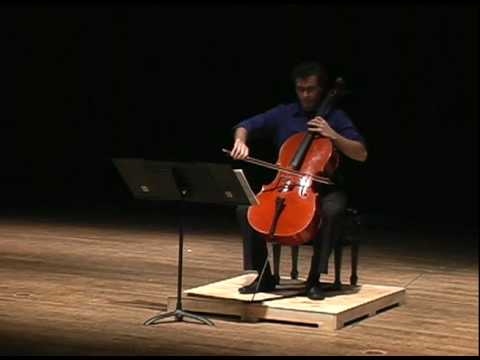The right to support: Who does not let relatives in resuscitation

Dmitry Kurkin
The national project "Open reanimation" began work in the regions of Russia, including Moscow, the Kurgan region and Tatarstan. These are the first steps that should be consolidated by the new law, already approved by the State Duma in the first reading. It will greatly simplify admission to the emergency rooms of relatives of patients in them - especially children, for whom staying in hospital can mean serious stress. “Now, a visit to the patient in the intensive care unit and intensive care has become possible in each of the city hospitals. The order of these visits is described in detail in the patient information sheet prepared by our specialists and is available in each hospital,” explains Aleksey Khripun, head of the Moscow Department of Health.
A memo similar to the one about which he speaks was issued by the Institute of Public Health Organization a year ago, and public campaigns with hospital administrations took at least several years to allow relatives to enter the intensive care unit. Before that, neither petitions with hundreds of thousands of signatures or appeals worked Konstantin Khabensky to the president, no appeal to humanism and the already adopted Federal Law "On the Basics of the Protection of Citizens' Health." Article 51 in it expressly states that relatives of children in hospital have the right to visit intensive care units. However, it was more difficult to convince health workers.
This is an excellent example of bureaucratic casuistry: relatives had the right to be present in the hospital, but the decision about their admission remained for the doctors. In the overwhelming majority of cases (although not always), doctors from the family of the patient were not allowed to be present in the ward, citing various reasons or explaining nothing at all.
Some of the objections to the presence of relatives in intensive care are well-grounded, others are more like excuses and obviously excessive precautions. "Open reanimation" took into account both.
So, let's say, the argument against unsanitary conditions - a coming relative, they say, can bring an infection - to both public figures and some doctors seems absurd. Especially in light of the fact that the hospitals themselves are often far from maintaining exemplary purity. "Sanitary standards are often violated by employees more than parents, as employees, for example, go outside to smoke in the same shoes they work in, and parents obediently bring shifts," commented Nyuta Federmesser, president of the Vera hospice care fund, one of the project initiators. - In hospital departments, it is the nosocomial infection that is carried by dirty cleaning rags, the lack of a culture of proper hand washing, bathrobes in which the medical staff moves from ward to ward, and disposable gloves are terrible. heel which cease to be disposable after a nurse moved in the same gloves on to the next patient. " Nevertheless, the new program obliges relatives to change into sterile bathrobes - they will be allowed into intensive care only in this form.
Most experts agree that there are no objective obstacles to the presence of relatives of patients in intensive care.
Another argument - a relative of the patient, especially under stress, can interfere with the work of doctors - looks much more ambiguous. Behind him is usually a fundamental misunderstanding of the fact that the patient is not just a body under the care of health workers, and he needs psychological support. "When in Europe the situation in maternity hospitals was brought closer to home, they let the music soft, some pictures were hung on the walls so that this white color of the morgue was not present, the number of complications during childbirth decreased by 20%. This is a huge amount. the similar effect due to the presence of relatives, who often would like to be close to their close people who are suffering, is justified from all points of view, and it is strange that it is happening only now, "says Alexander Saversky, President of the Patient Protection League ents. And it would seem obvious that doctors and relatives are on the same side of the barricades, but they only began to listen to this argument only recently.
Ultimately, most experts agree that there are no objective obstacles to the presence of relatives of patients in intensive care. "If the process is organized correctly, then openness will only serve the benefit of patients. Close patients should be participants in the treatment process and physician assistants. It has been proved all over the world that difficult patients who have the opportunity to contact or communicate with relatives are recovering much faster." - the head doctor of the First City Hospital Aleksey Svet is sure. Everything rests on the long-suffering modernization of Russian hospitals, in many of which the intensive care units are really not designed for the presence of anyone other than the patient and doctors. Hence the restriction prescribed in the current bill: no more than two relatives in the ward at the same time.
What people who are not related to the patient do not have, but may be much closer to him in the human sense, is also unclear: the current initiative is called family-oriented and this approach has its drawbacks. But the fact that visiting resuscitation for many will cease to be a fiction of medical serials and family dramas can certainly be considered a victory for common sense.
Photo: Laurin Rinder - stock.adobe.com, Joshua Rainey - stock.adobe.com





